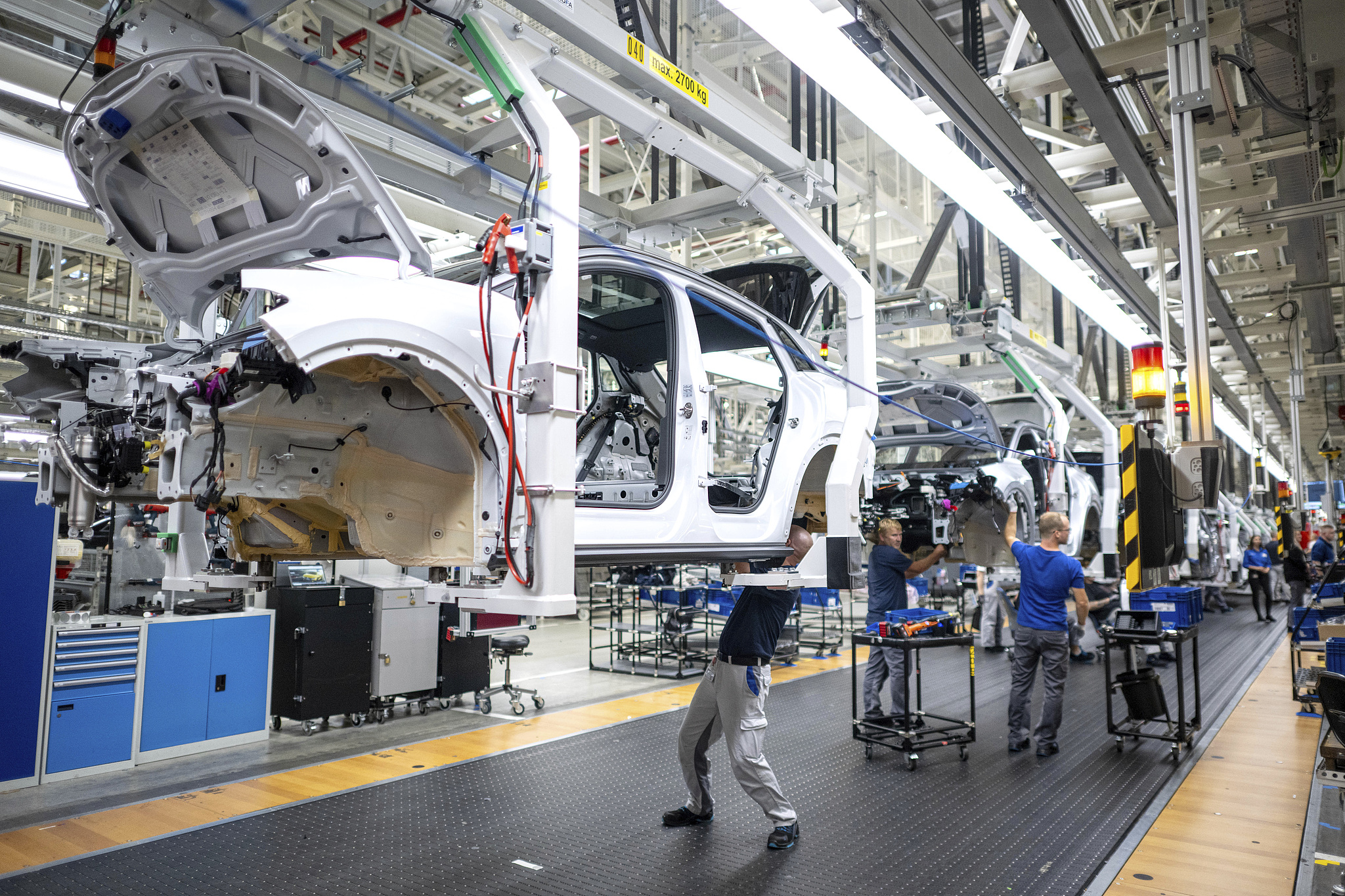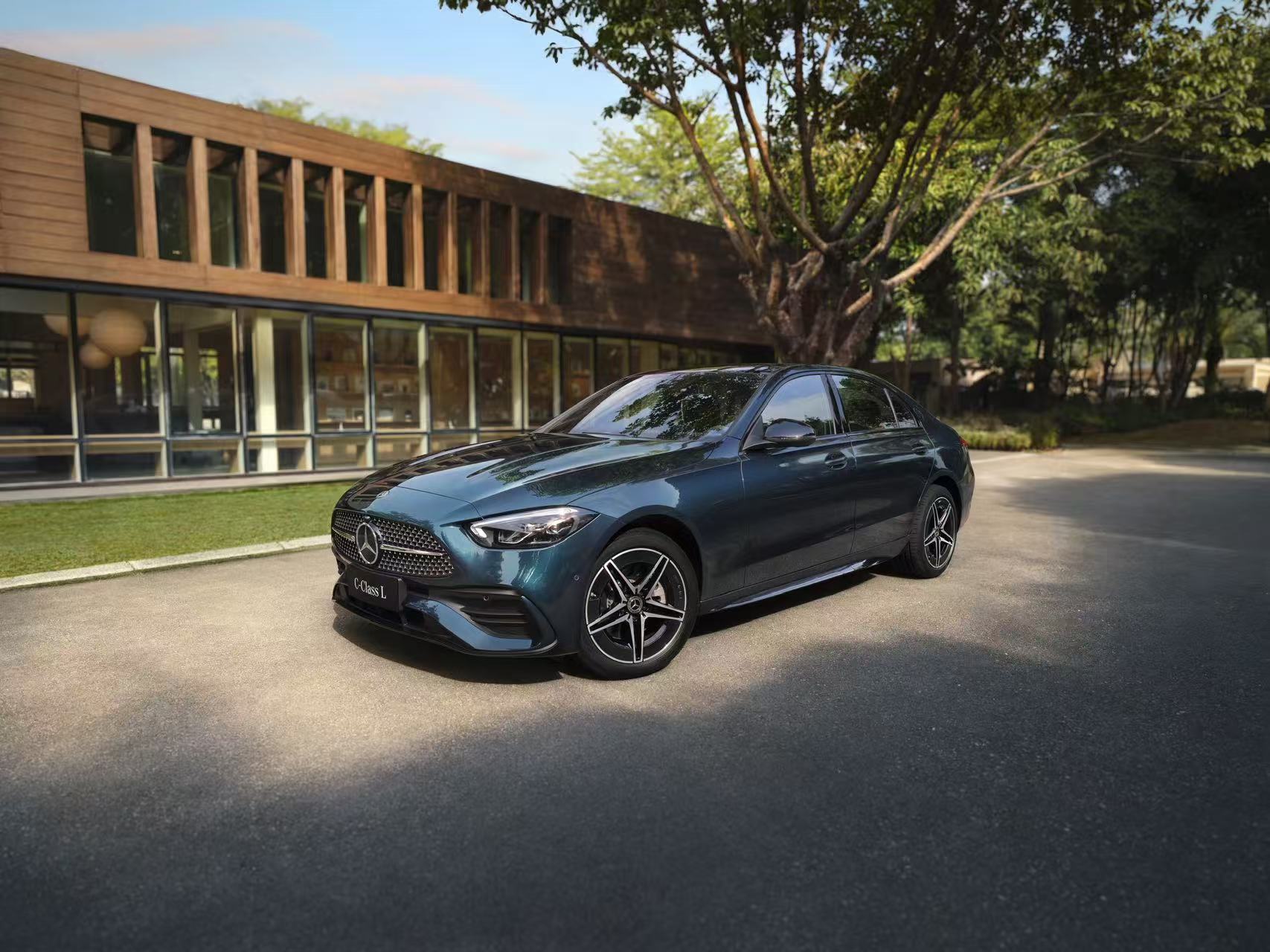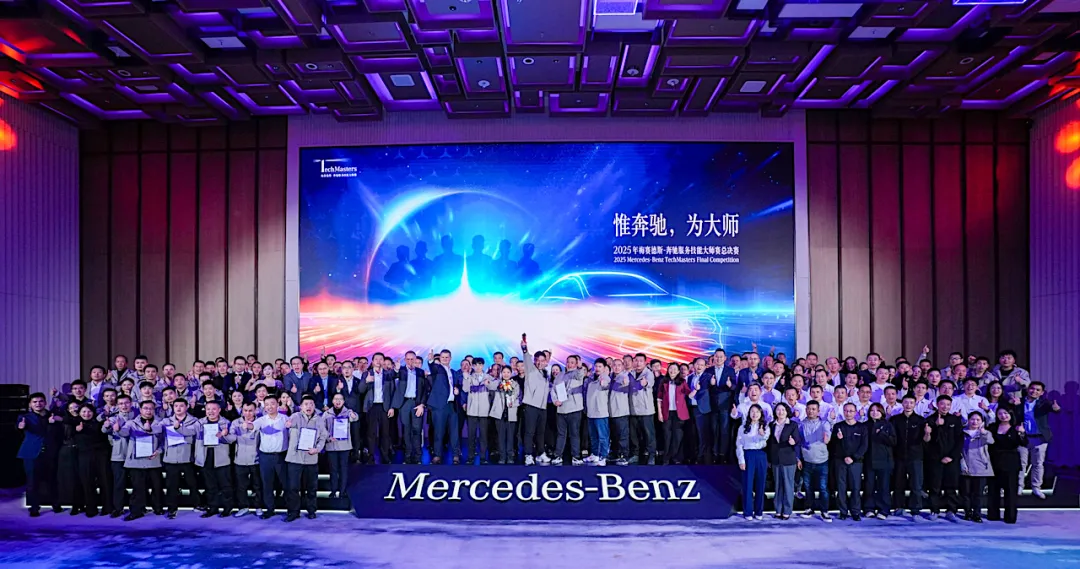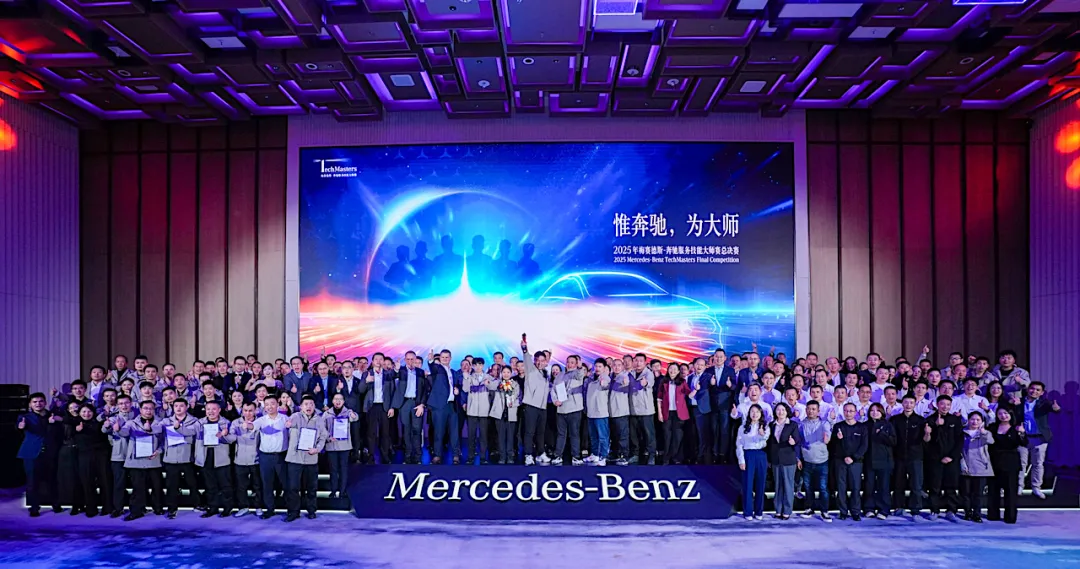
Under the competitive pressures from Chinese automakers, German car companies are now preparing to navigate a challenging period, just like the Japanese, American, and French manufacturers did before them.
On September 20, Mercedes-Benz revised its earnings forecast for 2024, now expecting an adjusted return on sales (ROS) of 7.5%-8.5% for the year, down from the previous estimate of 10%-11%. Additionally, Mercedes expects its earnings before interest and taxes (EBIT) for 2024 to fall below last year's figures.
BMW had already adjusted its earnings guidance for the 2024 fiscal year earlier, on September 10, projecting an EBIT margin of 6% to 7%, reduced from 8% to 10%; it also expects a return on capital employed (RoCE) of 11% to 13%, down from 15% to 20%.
As both BMW and Mercedes lowered their annual performance expectations, the stock prices of these two German automotive giants plummeted dramatically. On September 20, Mercedes-Benz Group's stock price dropped over 8% during trading, closing down 6.81%, marking a new low for the year and a maximum decline of over 35.38% from its peak earlier in the year. Meanwhile, on September 10, BMW already hit a new yearly stock price low, plunging 11.15% that day, with a maximum drop exceeding 40% from its high for the year.
Volkswagen Group, also a German automaker, is not immune to this trend. Recently, this world's second-largest car manufacturer has been planning to shut down its plant in Emden, Germany. Although German Economic Minister Robert Habeck is making efforts to prevent this cost-cutting measure from affecting tens of thousands of workers, as he stated, “Most of the work still has to be handled by Volkswagen itself; it’s the company's responsibility.”

On September 20, 2024, in Emden, Germany, at the Volkswagen plant.
Amidst multiple layers of news, it's no wonder that even after Li Bin's firm denial, rumors about NIO acquiring Audi's Belgian factory continue to spread widely.
Data from the China Passenger Car Association indicate that in August, domestic retail share for independent brands was 63.4%, an increase of 11.4 percentage points year-on-year; mainstream joint venture brands sold 480,000 vehicles, down 27% year-on-year; and the retail share for German brands was 16.6%, down 3.5 percentage points from the previous year.
As mainstream joint ventures seem no longer dominant, even the luxury car market, historically ruled by German brands, is beginning to wobble.
In the past, luxury car brands represented by BMW, Mercedes-Benz, and Audi (BBA) have been the most powerful presence in the Chinese automotive market. Even in the recently concluded year of 2023, BBA's combined sales in China surpassed 2.3 million vehicles, capturing 75% of the Chinese luxury car market.
However, in 2024, the situation has reversed. In August, BMW, which is not engaging in a price war, recorded only 34,800 sales in China, a staggering decline of over 42% compared to the same period last year. Mercedes and Audi sold 49,000 and 47,900 units, respectively, significantly outperforming BMW but still recording year-on-year declines.
In contrast, the Chinese luxury segment, represented by new forces, is eating into the traditional luxury market dominated by German brands. From January to August this year, Seres, the company behind the Wuling brand, accumulated sales of 279,306 vehicles, a massive year-on-year increase of 381.75%; Li Auto's sales during the same period totaled 288,103 vehicles; and NIO delivered 128,100 new cars in the same timeframe, marking a year-on-year growth of 35.77%.
Public data shows that independent brands achieved a record high market share of 25.1% in the luxury segment in 2023, and this figure further rose to 33.1% in the first half of 2024. Currently, the gap between independent brands and German brands in terms of luxury car market share has narrowed to just 10 percentage points.
As German car companies continue to lower performance targets, close factories, and implement layoffs and pay cuts due to poor expectations in the Chinese market, the phrase “Chinese car companies are light-years ahead of us” has transformed from a humble article title in the Munich Mercury last year into a current reality.


